#Next.JS #Gatsby.JS #Framework
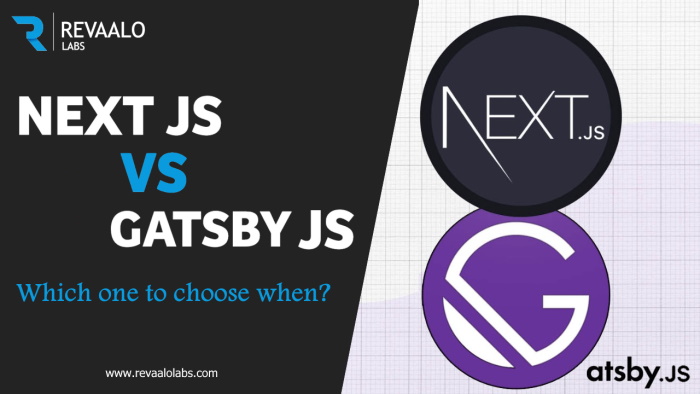
Comparative analysis between different technologies is quite obvious whenever anything new surfaces. Such comparative analyses are way lot active in this era of digitization. From this perspective, the comparison between GatsbyJS and that of NextJS is quite obvious.
Gatsby and Next.js — maybe the most famous frameworks for React.js. While Gatsby is merely a static site generator, Next.js is a multi-talent. But in the end, we can also use Next.js very nicely as a static site generator for React.
When deciding between Gatsby and Next, how do you determine which framework is best? Let’s explore the key differences between the two.
Let’s begin with a look at what it’s like to start up a site with Gatsby versus Next.js.
What is Gatsby.JS?
Gatsby is an open-source static website generator (SSG) that is based on the frontend development framework React and makes use of Webpack and GraphQL technology. It can be used to build static sites that are progressive web apps, follow the latest web standards, and optimized for speed and security.
Gatsby is mostly used for building those websites where the number of pages is predictable, and the content mostly remains static.
The benefits of using Gatsby.JS
What is Next.JS?
Next.js is a javascript framework built with react js, webpack, and babel. Next.js helps the developer easily create a static generation (SSG) and server-side rendering (SSR) website.
The process uses features such as Single File components, Automatic Code Splitting, Hot Code Reloading,and the like to enable developers to build attractive React Websites. Next.js helps to optimize your website. Recently lots of developers working with Next.js.
The benefits of using Next.JS
Next.JS and Gatsby.JS — What are the differences?
So what should I choose?
Whether you should use Gatsby or Next depends very much on your use case, as really they are both awesome.
When to use GatsbyJS?
GatsbyJS is best to use with a website which will not grow to be an encyclopedia.
If your website has less number of authors and new contents are published once or twice a day then GatsbyJS may be fine.
When to use Next.js?
If you are building a website with multiple users creating user accounts and then commenting on the content on the page, then Next.JS would be an ideal choice for you.
Next.js provides the best scalability solution with all SEO benefits in a React.js application.
A choice of big players:
Both Gatsby and Next.js are used by big players who care about technology and are future proof professionals.
Next.js :-
Gatsby.js:-
Both Next and Gatsby are extremely impressive frameworks, and users are advised to be mindful of their project requirements at the outset before they opt for either framework.
Choose for yourself. Both of them are amazing!
If you have any further React questions or need help with building your website using React, feel free to Connect with Revaalo labs your one stop solution for Digital Transformation needs.

One of the most critical decisions website developers must make is deciding what unit of measurement to use when sizing elements, fonts, and other design properties.
Read more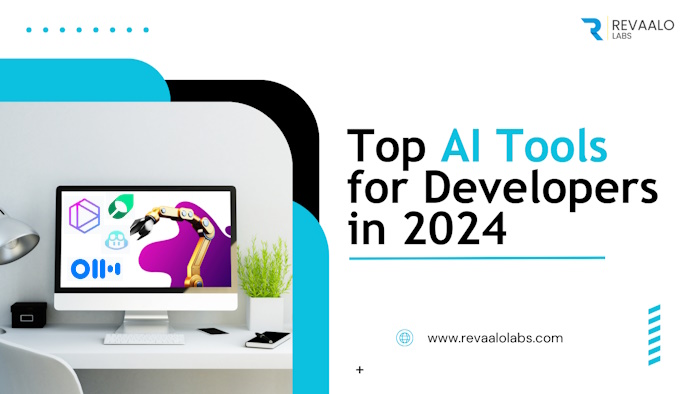
It`s an amazing technology-one that will help us solve society`s toughest problems and reshape the world.
Read more13
December
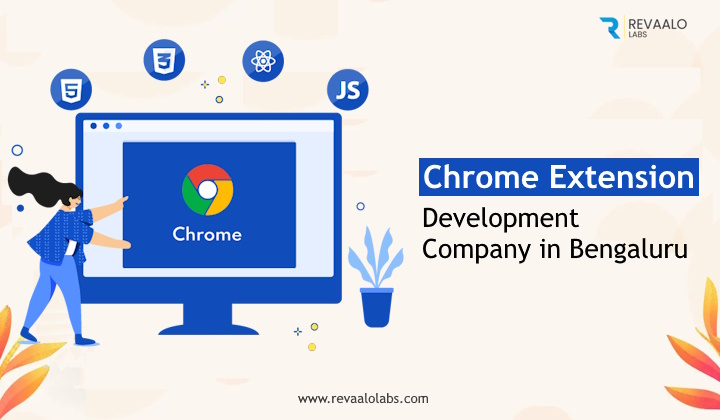
Today, web browsers play a significant role in our lives, providing us with access to a world of information and possibilities.
Read more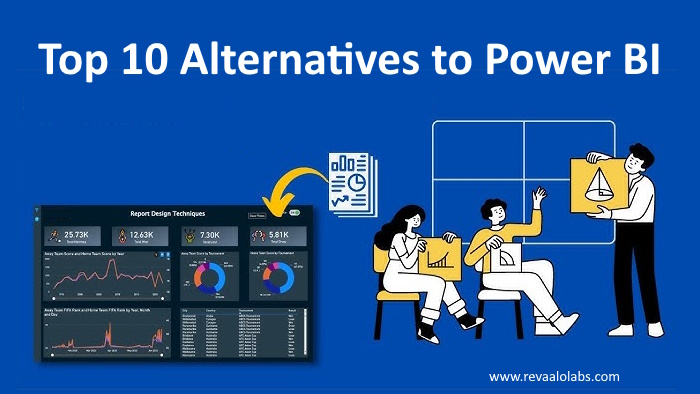
Power BI is a popular business intelligence tool developed by Microsoft for data visualization and analysis. While Power BI is a robust solution, there are several alternatives available that cater to different needs and preferences.
Read more09
October
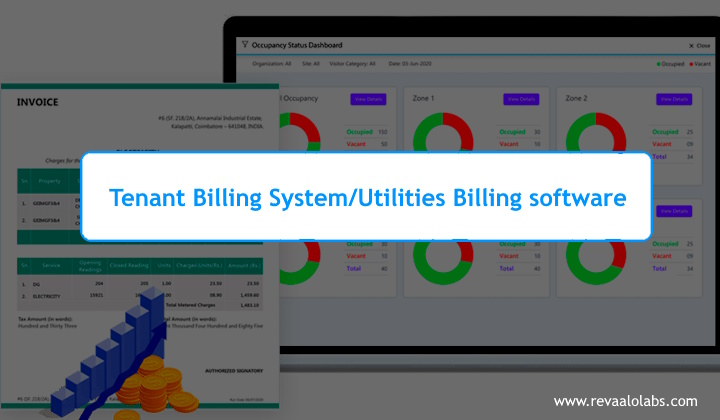
Tenant billing systems are software solutions used by property owners, managers, and landlords to accurately bill tenants for their usage of utilities and services.
Read more